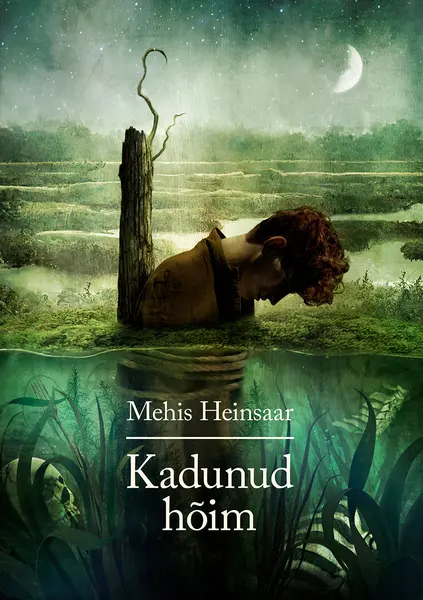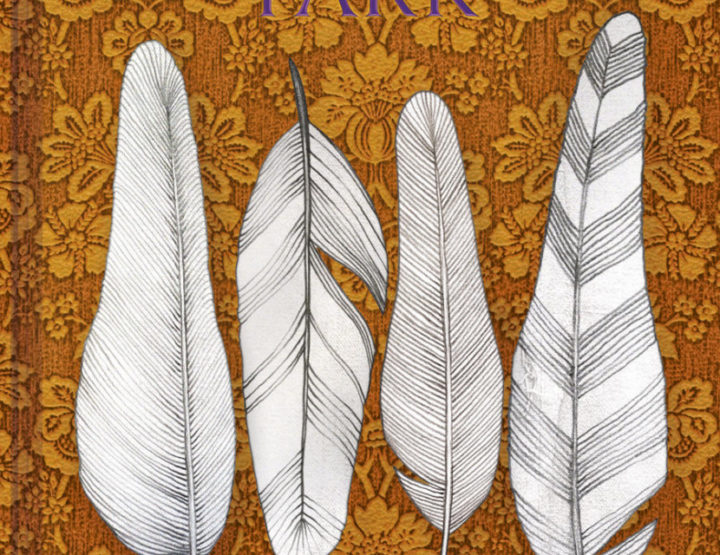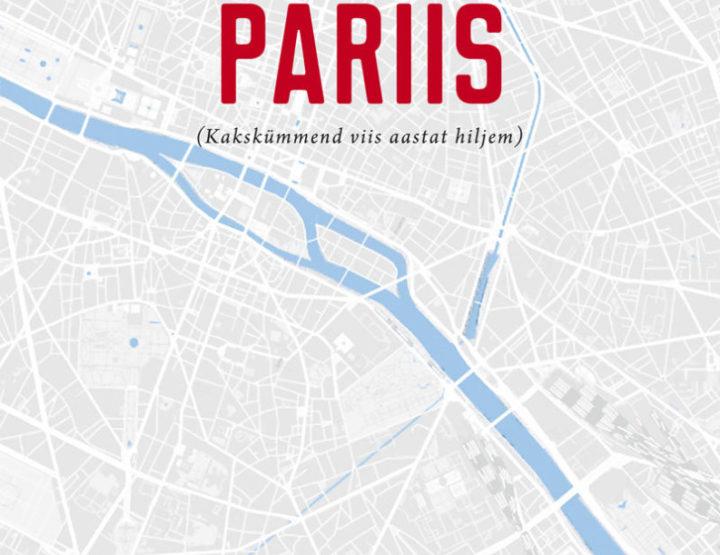Mehis Heinsaare’s second full-length novel The Lost Tribe whisks readers to a deserted bog island, where the author muses in his signature magic-realistic style on topics of self-exploration and freeing oneself from the tethers of mundane life. Known for his novellas and short stories, Heinsaar has described writing as an opportunity to seek solutions to real-life problems and find spiritual peace.
By melding the mundane and the fantastical, Heinsaar creates worlds that are, on the one hand, typically similar to our everyday lives but are also unusually and enchantingly literary. A masterful storyteller, he binds the autobiographical to the folkloric, conjuring a bizarre mystical reality with familiar yet strange and incredible brushstrokes. The Lost Tribe continues the author’s earlier ambitions and stems from similar creative impulses, gently beckoning the reader into a literary retreat.
Bogs are, to Estonians, a mysterious and threatening borderland; a breathtakingly beautiful wilderness filled with unbridled forces. Will-o’-the-wisps bewitch wanderers, causing them to stray from their chosen path. For millennia, Estonians have sought sanctuary in bogs from great plagues and wars. The protagonist, an artsy 30-something-year-old named Agu Oidjärv, also flees his troubles and starts probing a dark legend in the marshy area of Soomaa. He hopes to find escape and turn a new page; to no longer be shy, obedient, and unnoticed. Agu hasn’t lost his inner yearning for freedom and strives to break free from a set path despite weaknesses and emotional dependency.
The literary magic works and in the mystical silence of the bog, ample twists and turns unfold. The Lost Tribe can be read as an ethno-horror novel in which eerie tension builds from the very first page. More important, however, is the protagonist’s development and the author’s musings over the choices people face, the inevitability of one’s fate, and questions of dependence and independence. Agu isn’t prepared for what he encounters; he tries to lift the veil of secrecy, but secrets demand sacrifices. As the plot lines branch out, the chilling natural environment becomes a meaningful symbol of being in a psychological rut and foul rotting inertia.
The Lost Tribe fascinates with its grim atmosphere and reflections on existential topics. It is inspired by the author’s interest in human nature, pushing one’s boundaries, the quest for truth, and individualism. The message that resonates is how crucial it is to listen to your inner voice and have the courage to overcome fears and dependencies. One should give it their all when seeking truths, diving to the very bottom instead of harboring doubts and dreads, because, by doing so, one will emerge from the mental swamp and keep life from crumbling away.
The Lost Tribe has won the Anton Hansen Tammsaare Literary Award. Mehis Heinsaar was awarded the Estonian Cultural Endowment’s annual prize for literature.
Mehis Heinsaar
The Lost Tribe
Kadunud hõim
Menu Kirjastus, 2022, 320 pp.
ISBN 9789949686711





